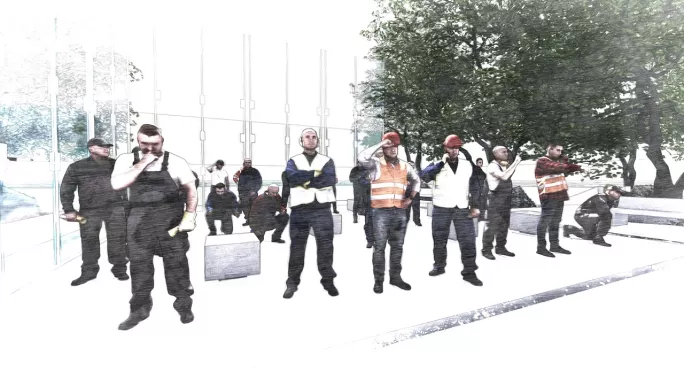Ofsted’s report Getting Ready for work provides a bleak prediction: “The nation’s economic prosperity is at risk because the majority of schools are failing to prepare pupils for the world of work.” The report goes on to criticise schools for failing to make “enterprise education” a key part of the curriculum.
My response to Ofsted is blunt. It is not the job of a teacher or a school to prepare pupils for the world of work.
Instead, our role as teachers is to educate students, to impart a body of knowledge and, with any luck, to inculcate a love of learning or a passion for a particular subject. Of course, we hope that in the course of providing children with a well-rounded liberal education, we also help them to mature and develop the life skills ready to face the world. But the latter are by-products of a great education, not the goal.
My vision of education, however, feels outdated. People look to schools to fix problems in society. In recent years, society has looked to teachers to provide the solution to a myriad of different problems, from teenage depression and anxiety to problems with sex and relationships. Now employers and organisations like the Chambers of Commerce are looking to schools to prepare their future recruits better, and point to the lack of readiness for work as one cause of a sluggish economy. Ministers routinely talk about schools as “engines of social mobility” rather than places of learning.
Some see low-ability students as a group especially in need of preparation for work and call on schools to provide better careers advice inside subject areas, as well as offering it as part of the school careers service. This worries me, too.
Children are being ‘written off’
The basic tenets of a good education are the belief in the potential of great teaching to overcome children’s intellectual limitations and social disadvantages and allow all children an equal chance to shine. But turning schools into production lines for the workforce means that some children are written off too soon. These days many pupils are starting on their pathways for GCSE in Year 9, which means some will never again sit through a history class or take geography or art. Yet how do we know that those children would not have gone on to develop a passion or flair for those subjects that may have transformed their lives and broadened their options in life?
One of the depressing things about the current state of education is the complete lack of resistance to this utilitarian view of it. Far from taking a stand and defending the role of schools in teaching a love of learning and a body of knowledge, many headteachers share the goal of making pupils work-ready. And many leaders in education have lost sight of the ideals of education and of the transformative potential it offers all students.
Many young people who leave education at 16 or 18 will never study again. Their formal education in a variety of subjects will end and they will start up to 60 years in the workplace, where they will have a lifetime to develop skills and expertise. To deprive young people of the luxury of those precious early years of learning is to rob them of the real joy of education and potentially limit their life chances.
So here’s my argument: let’s remind ourselves why we chose to teach. Let’s take a stand in defence of learning for the sake of learning and the power of education to transform children and help them overcome limits. Let’s revive the idea of knowledge as something worth imparting and let’s boast that some knowledge is “irrelevant” to the workplace and all the more glorious for that.
And let’s believe in the right of every child to spend 18 short years out of 80 or 90 free from the expectations of the workplace.
Kevin Rooney is head of social science at Queens’ School in Bushey, Hertfordshire. Kevin is speaking at The Battle of Ideas on October 29, and asking, ‘Can and should schools make pupils work-ready?’ Tes is the education media partner for the event.
Want to keep up with the latest education news and opinion? Follow Tes on Twitter and Instagram, and like Tes on Facebook




